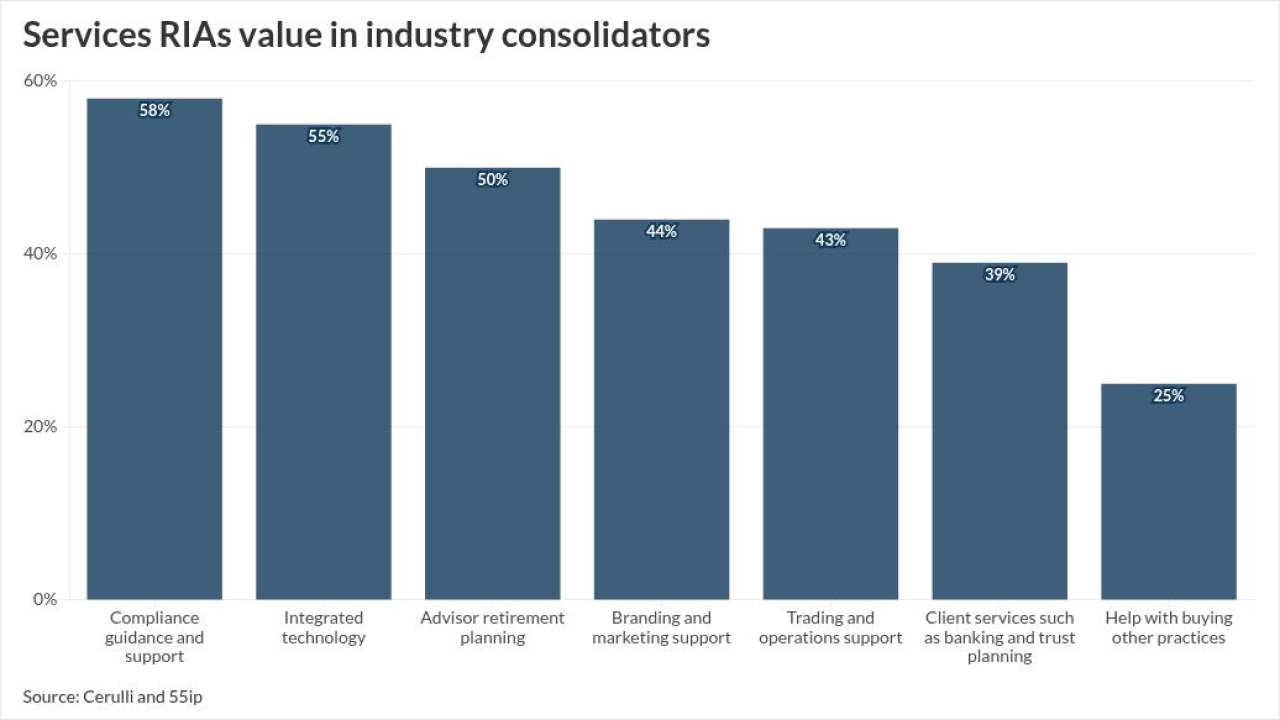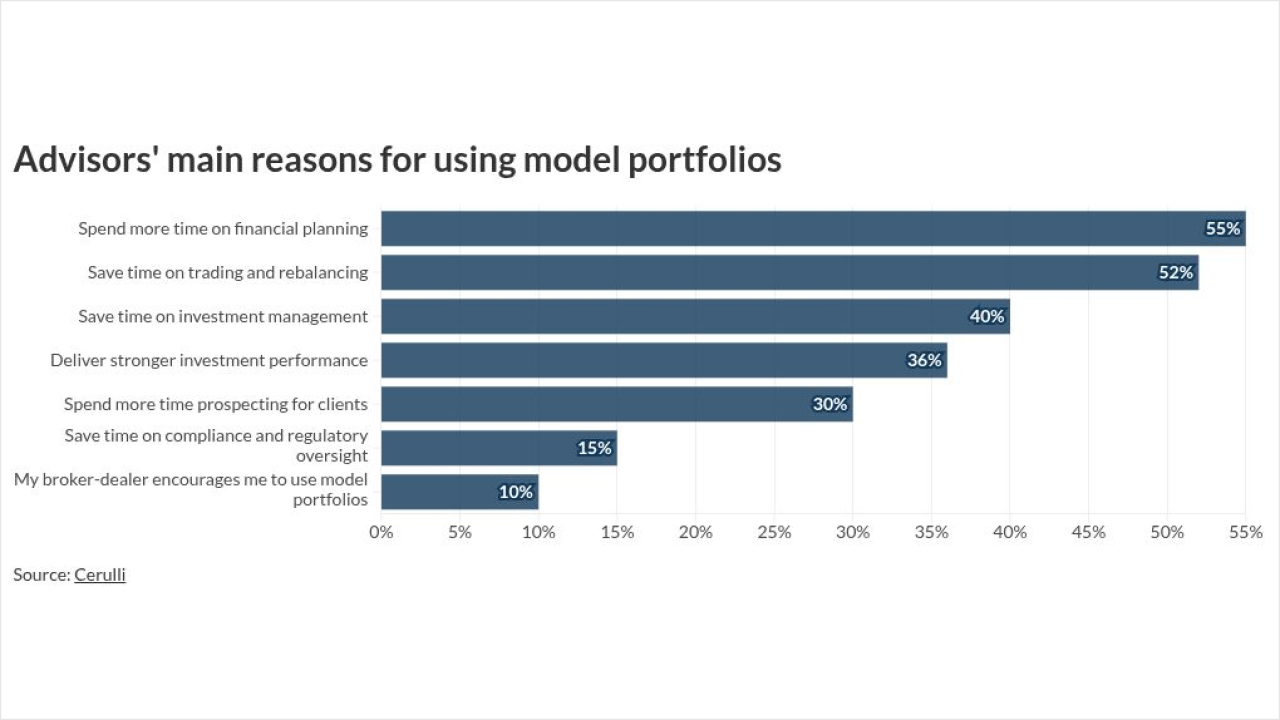
Investors today have on-demand control over their investment decisions. Instead of calling an advisor to make adjustments to allocations, they can open their personal investing app, see how their investments are doing, analyze risk profiles, compare returns, and make changes in real-time. These apps aggregate data across their entire investment portfolio to let them react to information anytime, anywhere.
The immense volume of data that firms have collected and validated and the rapid adoption of mobile technology by the average consumer are only expediting this shift. Quite frankly, if regulators are collecting the data in an effort to protect the investor, it's not hard to imagine an app that gives investors access to that same level of transparency and control.
But ultimately, it will be up to the industry to develop the technology needed to deliver this data to investors. This represents a huge market opportunity for asset managers, but it will require a paradigm shift in operational strategy and approaches to managing data that can only be put in motion by leaders with the imagination to believe that we really can deliver data to investors in real-time.
MUSIC DISRUPTION
The current regulatory overhaul to improve fund transparency is, in fact, ultimately about serving investors' needs. The global financial markets have, for decades, been allowed to operate with a level of opacity that simply does not reconcile with the level of transparency and control that consumers have gained in other industries over the last 10 years.
Just look at the music industry. A few years ago, it was completely disrupted by the introduction of MP3 technology. Now, streaming services like Spotify have been created and are again redefining the way music is shared and sold.
Rather than purchasing albums, we now have access to an unlimited music catalogue for under $10 a month. How is this still profitable? Through the sheer volume and scale that e-commerce has ushered into the music industry.
Other industries have seen similar disruptions: real estate, online trading, mobile banking and urban taxi services, to name a few. These disruptive businesses were built to give consumers more information and better tools to guide their purchasing decisions. Isn't it just a matter of time until those same dynamics are in play in the asset management sector?
MYOPIC FIRMS
But how does this translate to asset managers? Since the economic downturn in 2008, our industry and its regulators have put a tremendous amount of time and effort into better understanding risk at the fund, market and systemic level.
We've been successful in implementing a system of controls and improving overall transparency. To achieve this we've had to collect, validate and analyze a vast amount of data about our market. As a result, we are now sitting on a virtual goldmine of data that is begging for the industry to curate it and invest in the technology that can put the power of that information in the hands of the investing consumer.
Yet, the myopic firms in our industry aren't looking at the big opportunity the appetite for transparency presents.
They are still staffing up their back office to manage and report their data manually - a move that increases both their up-front and long-term costs and simply does not scale. Not to mention, they continue to invest time and money into a data management process that is highly prone to error and counterintuitive to growth.
CHANGE COMING
On the flip side, firms with foresight are imaging how transparency can strategically transform their business. They are not only investing in technology that can address today's data management challenges, but they are also wisely positioning themselves to scale quickly to capture tomorrow's market opportunity.
As is the case with the introduction of most innovative products or services that disrupt marketplace norms and forever change the market dynamics, there will be a first mover who sees the full potential that this opportunity provides. They will make the necessary technology investments and operational changes required to organize and deliver real-time access, transparency and data to investors.
We're beginning to see the early signs of this shift with the recent growth of robo advisor offerings, which are much more sophisticated solutions than early web-based stock trading platforms. But they really only begin to scratch the surface of the potential that smart investments in data and technology platforms offer asset managers to connect in new, more meaningful and more fruitful ways with their clients.
Now picture this: you, an asset manager, are reading the morning headlines. You log into your mobile device to find that overnight, you've received $100 million in new investor allocations from around the world.
That future isn't at all that distant. When it comes, will your firm be ready?
Mark Evans is CEO of





